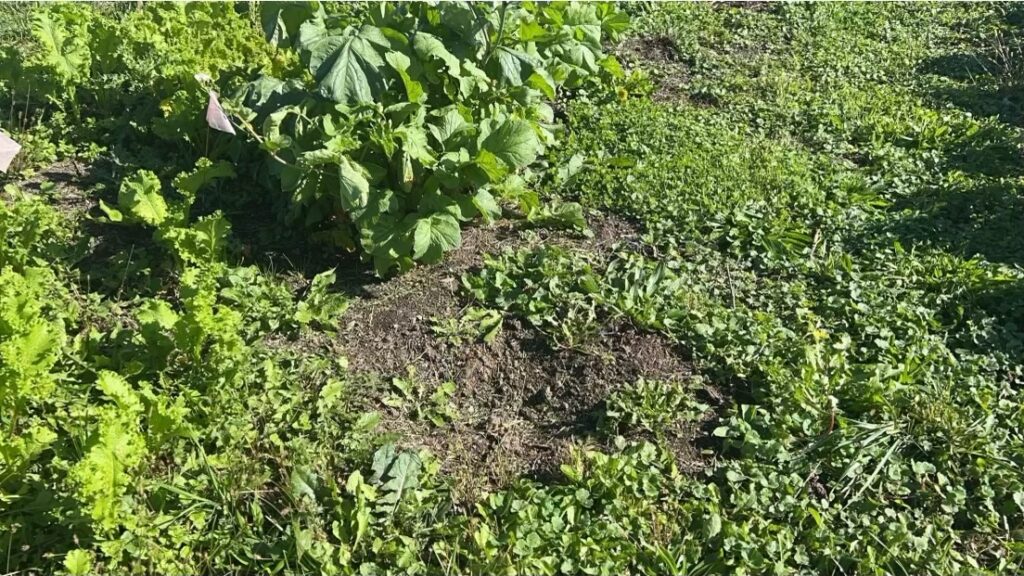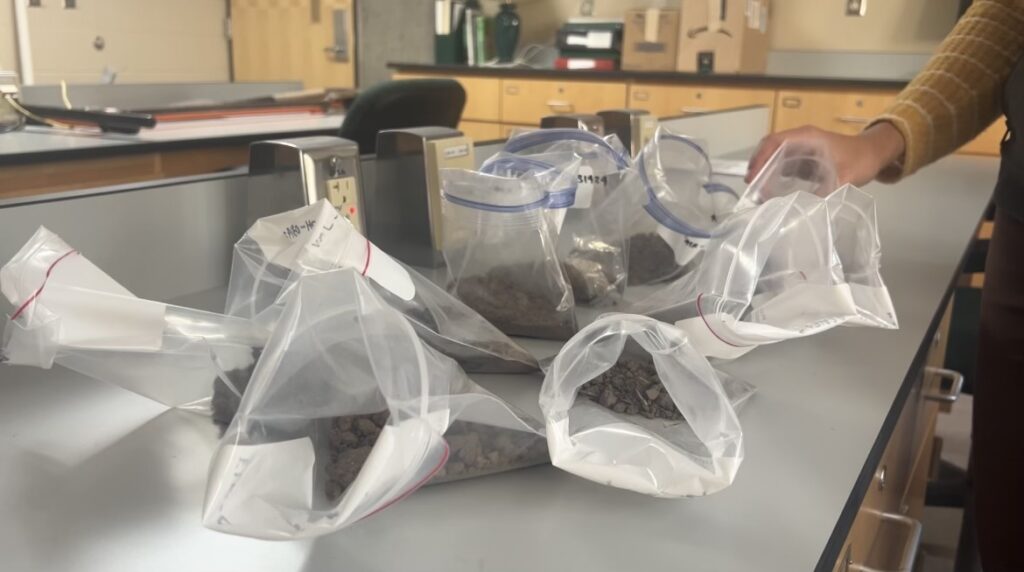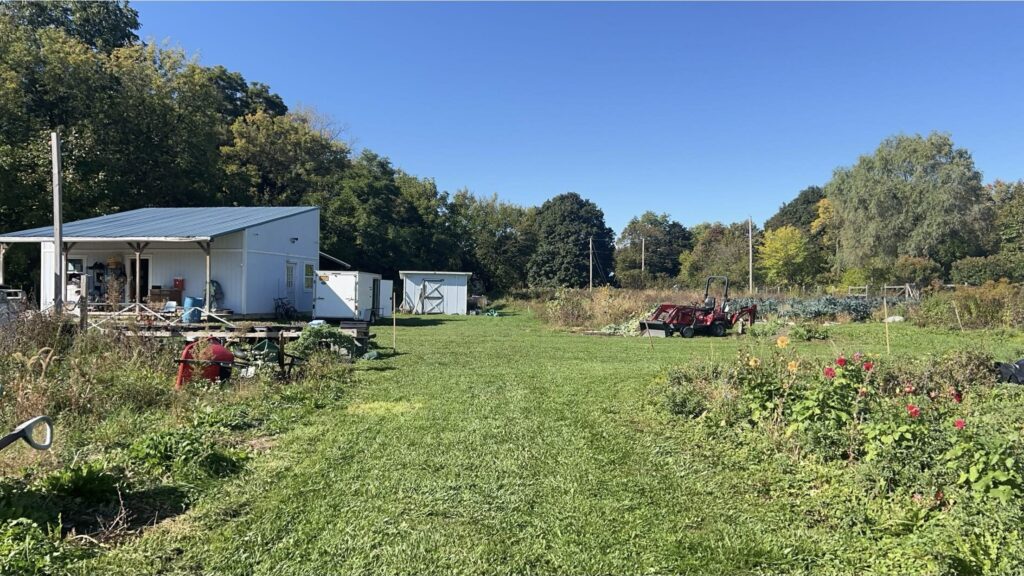VIDEO TRANSCRIPT: Sustainable agriculture starts with farmers
Christine Georgakakos: So I’d say that farmers are like hyper-aware of changing climate. I think where you are in the country, people call it different things, but the content of what they’re saying is all the same. The timing is changing on when people can get into plant crops and when they can get into harvest them. Water regimes are changing, and that changes how they’re managing their landscape; whether they’re irrigating or not, and whether their crops are ready early or late. So I would say that farmers are, like, pretty hypersensitive to changes in climate.
Jessie Lyons: Just having a label of organic is very inadequate. There’s lots of organic farmers that are not using sustainable and regenerative practices, and it’s so that’s really upsetting to me. And it’s important, because it is the reality of agriculture. Farmers know what is going on the ground, not just that, but they understand market demands. They understand the policies and regulations and all the things that make what they’re doing logistically possible.
Georgakakos: The biggest thing is that people should assess the landscape that they’re on and think about what fits their landscape best. Because a practice that works for one place may or may not be the best solution for you on a different place in a different climate or anything like that.
Lyons: You learn the hard way that you’re going to mess up, and things aren’t going to go as planned. And that’s true for all agriculture. We’ve found over the years is really embracing our inability to tackle it all and trying to be aware of and allowing for opportunities for nature to kind of to do its thing.

SYRACUSE, N.Y. (NCC News) — As the weather and climate of our atmosphere change, so do farming practices. Farmers deal with changing the landscapes and irrigation systems while constantly harvesting different kinds of crops and produce. Sustainable agriculture and regenerative farming are the ways that farmers are addressing climate change.
“Farmers are hyper-aware of changing climate. I think where you are in the country people call it different things, but the content of what they are saying is all the same,” Professor Christine Georgakakos at SUNY ESF said.
Georgakakos’ research looks at the intersection of sustainable agriculture and environmental engineering.
As an associate professor, she teaches her students in her “Engineering Sustainable Agricultural Systems” class how to create sustainable designs for farming, even collaborating and designing for Salt City Harvest Farm, a local farm in Kirkville. Georgakakos emphasized how each farming space is unique, and changes have to be implemented according to that space.

“The biggest thing is that people should assess the landscape that they are on and think about what fits their landscape best. Because a practice that works for one place, may or may not be the best solution for you in a different place, a different climate, or anything like that,” Georgakakos said.
With climate change on the rise, farming methods and ways of growing agriculture sustainably are becoming more important than ever.
According to the Environmental Protection Agency in 2022, agriculture emissions were about 10% of all U.S. emissions. With these numbers, the USDA-Natural Resources Conservation Service has identified 29 conservation practices that reduce agricultural greenhouse gas emissions, many of which are the same practices used to improve soil health.
Another way farmers can focus on creating a sustainable farming ecosystem is by letting practices formulate naturally. This approach matches how the natural surrounding area acts and how agricultural systems adapt to innate practices. The Brady Farm in Syracuse has urban agriculture that adjusts to sustainably grow food.
“There’s areas or times of the year where it’s better that we don’t weed. We need to let the weeds do their thing because they are actually contributing to soil health…the removal of the weeds is going to be more detrimental,” Jessi Lyons, coordinator of the Brady Farm, said.

Not only does Lyons’ concept of “intentional-neglect” sustainably work for the farm, but implementing organic practices is at the center of what they do. Practices include planting specific species that are going to attract beneficial insects or naturally composting in fields by partnering with tree companies to bring in wood chips for the soil.
Connecting the bridge between everyone in the agricultural sector is the next step. Politicians implementing agricultural policies can learn from the lived experiences of farmers in the field.
“Farmers know what is going in the ground, not just that they understand market demands and understand the policies and regulations, and all the things that make what they are doing logistically possible,” Lyons said.
Lyons is on the board of directors for the Onondaga County Soil and Water Conservation District. Working with other people in the agricultural sector, she uses her knowledge to advocate for her industry.
“The people that most intimately understand what it takes and the ramifications of the policy they are suggesting, don’t get invited and don’t get listened to,” Lyons said. “And so the most important people that can make meaningful change are omitted.”
